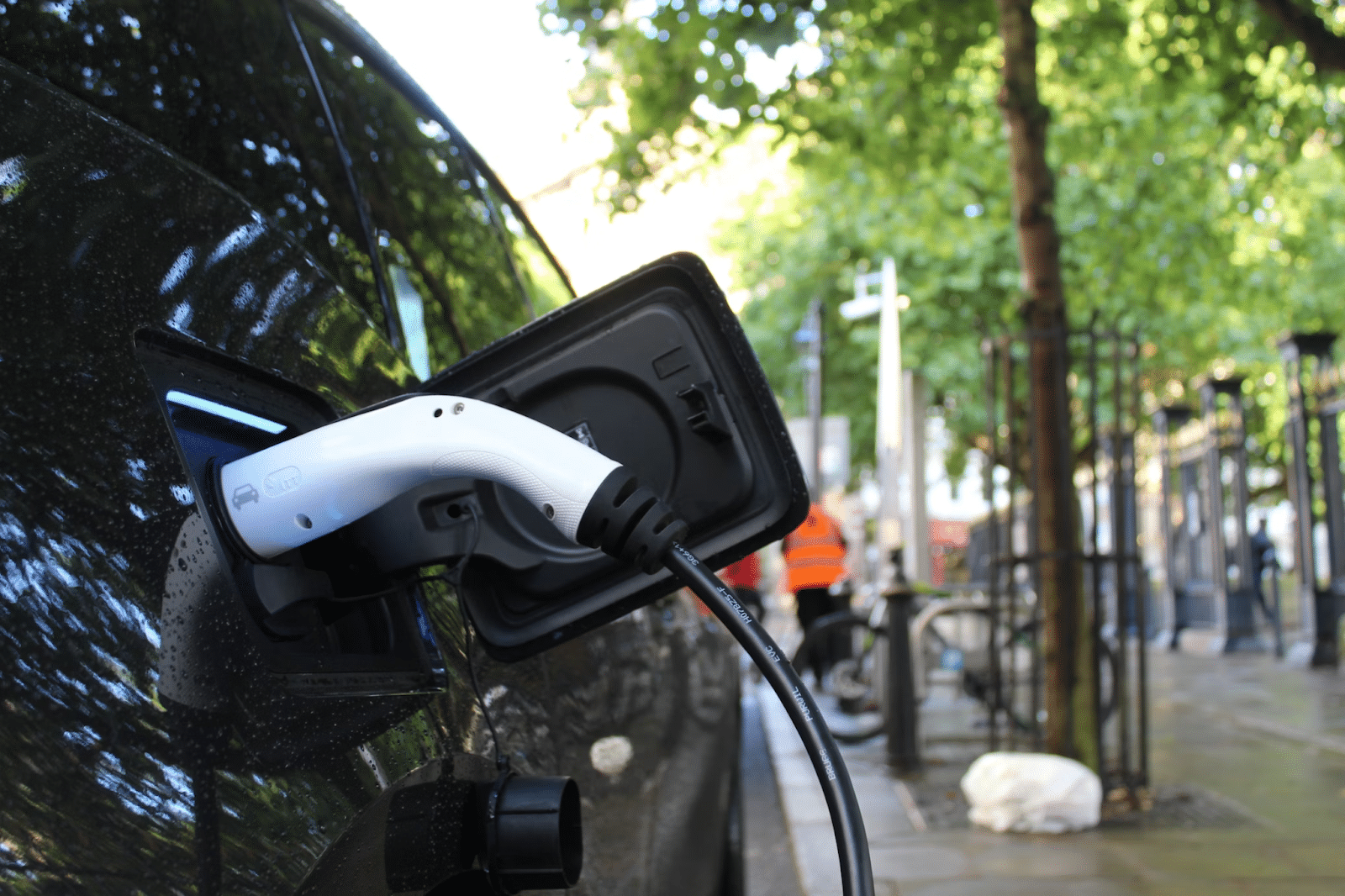The increasing global concern for the environment has sparked a transformative shift in our lifestyle choices, prompting us to reevaluate various aspects of our daily lives. One area that has witnessed a remarkable change is personal transportation, where the urgent need to reduce carbon emissions has driven the adoption of electric vehicles (EVs) as a more sustainable alternative to traditional gas-powered cars. However, as we delve deeper into the realm of EVs, a thought-provoking question emerges: when considering the environmental impact, should one opt to lease or own these vehicles? This question invites us to explore the intricacies and nuances surrounding the sustainable choices we make in our pursuit of a greener future.
More Options for Leasing
Leasing electric vehicles has become a popular choice for many, primarily due to the multitude of options available, catering to a diverse range of financial and lifestyle needs. Among these, novated leasing for electric cars has emerged as a notable choice, providing several attractive benefits. With a novated lease, an employee can finance an electric car as part of their salary package, offering a pre-tax benefit that could result in significant savings. This approach also addresses the concern of battery life, a common worry among prospective EV owners, as the lease term generally aligns with the manufacturer’s battery warranty. Consequently, these numerous leasing options, inclusive of novated leasing, provide an appealing and accessible pathway for potential EV users, encouraging greater adoption of environmentally friendly transportation.
The Money Factor: Leasing vs. Owning
While leasing has its undeniable advantages, owning an electric car offers a set of financial benefits that might be more appealing to some individuals. For instance, owning an EV gives the owner access to various incentives and tax breaks offered by governments at both national and local levels, which could result in significant cost savings over time. Additionally, owning an EV potentially enables savings through reduced fuel and maintenance costs, as electric cars have fewer moving parts than traditional gas-powered vehicles. Moreover, owning an EV provides the freedom to customize the vehicle according to one’s preferences and needs, something that may not be possible with a leased car.
Battery Lifespan
The lifespan of an electric vehicle’s battery is a critical factor in determining the environmental impact of owning or leasing. Most EV batteries are engineered to last approximately 10 to 15 years, considering factors such as frequency of use. If you choose to own an EV and properly maintain it, you have the potential to extend the life of the battery, thus minimizing the overall environmental footprint. On the other hand, leasing offers the advantage of driving a newer model with a healthier battery, which not only promotes better energy efficiency but also reduces the frequency of charging. By carefully considering these factors, you can make an informed decision that aligns with your sustainability goals and preferences.
Second-Life Batteries
Another important factor to consider is what happens to the batteries once they’ve outlived their initial purpose in electric vehicles (EVs). Many EV manufacturers have recognized this challenge and have started developing innovative “second-life” programs for used EV batteries. These programs involve repurposing the batteries for less demanding applications, such as energy storage. Giving these batteries a second life, not only extends their usable lifespan, but it also significantly reduces the need for new batteries, thus promoting sustainability and resource conservation.
Furthermore, if you lease your EV, you can have peace of mind knowing that the manufacturer will likely take care of the battery at the end of the lease term. This ensures that the battery will be properly handled and given a second life, further contributing to the circular economy and minimizing waste.
The Changing Technology
Electric vehicle (EV) technology is constantly advancing, with ongoing improvements in efficiency, range, and charging time. By leasing an EV, you have the opportunity to upgrade your vehicle every few years, ensuring you can benefit from the latest technological advancements. This not only allows you to stay on the cutting edge of EV innovation but also contributes to overall energy conservation by reducing consumption compared to owning an older, less efficient model. With the ever-evolving landscape of EVs, leasing offers a flexible and sustainable option for embracing the future of transportation.
Recycling and Disposal
Finally, when considering the environmental impact of leasing versus owning an electric vehicle (EV), it is important to also take into account how the vehicle is disposed of at the end of its life. Both options can have significant environmental consequences if not handled properly. However, it is worth noting that manufacturers who offer leasing programs often have well-established protocols in place to recycle or responsibly dispose of their vehicles, which can contribute to further reduction of their environmental impact. By taking these measures, manufacturers aim to minimize the potential negative effects on the environment and promote sustainability in the automotive industry.
To sum up, when comparing the environmental impact of leasing vs. owning electric vehicles, it is clear that both options have their unique advantages and disadvantages. Leasing offers flexibility and financial benefits, while ownership allows for customization and potential cost savings over time. Ultimately, choosing to lease or own an EV depends on individual priorities and goals. However, one thing remains certain: by opting for either of these options, you are taking a step towards promoting sustainability and reducing your carbon footprint on the planet. As the world continues to shift towards a greener future, it is crucial to carefully consider our choices and make informed decisions that have a positive impact on the environment.
